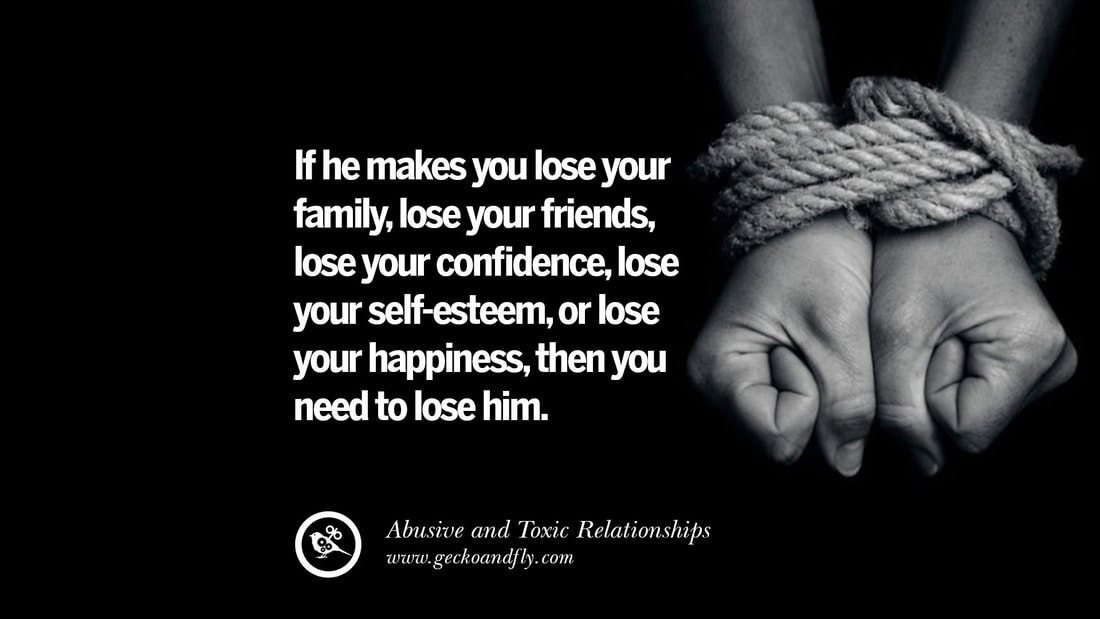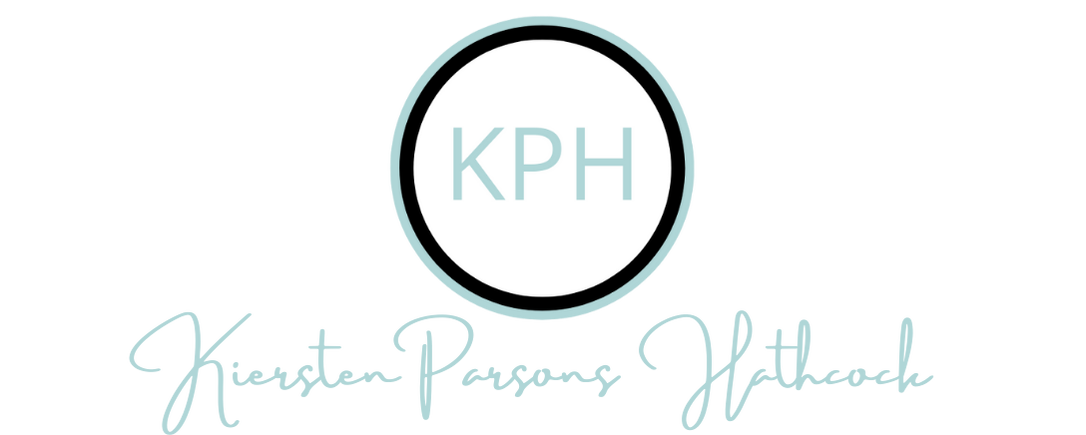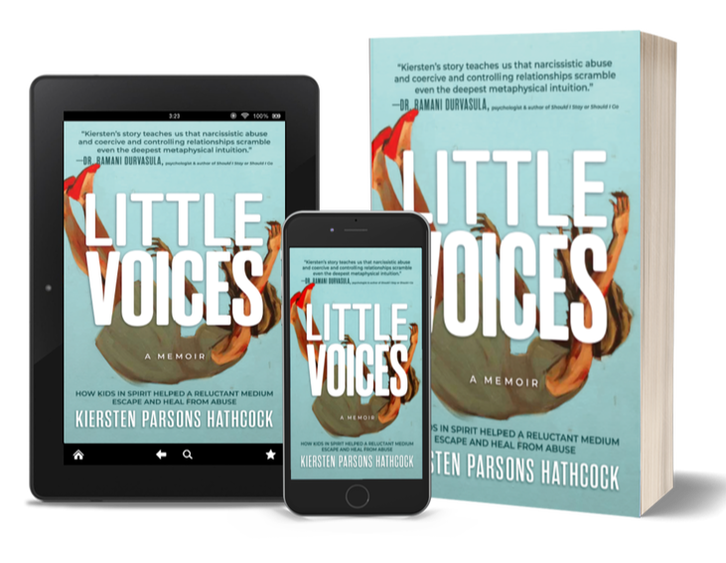|
No one would ever love me as much as he did. At least, that’s what he told me. From day one, he made it very clear that my wellbeing and happiness was his first priority. On paper (and on Facebook), his love for me read like a romantic novel or a Twilight movie without the vampires. To the outside world, he appeared to be the most romantic, caring man on the planet. Little did I know, he was slowly conditioning me to accept his controlling behavior. As an independent, strong, emotionally intelligent person, I never thought I’d end up in an emotionally abusive relationship. But that’s exactly what happened. And here’s the kicker—while it was happening, I didn’t see any of it as controlling or abusive. In my mind, we were simply a once-in-a-lifetime, passionate, devoted couple who couldn’t get enough of each other. After I finally ended the three-year-relationship—and a judge granted a restraining order to help protect me—I dug deep to figure out how I didn’t see what my life and my relationship had become. And why I stayed with him long past first realizing something was not right. Here’s what I discovered… I mistook control and manipulation for love and protection.
Here are the top five ways he conditioned me to accept emotional abuse: 1. He constantly sent text messages (or called me) During the honeymoon stage of a new relationship, you expect to stay up all night talking about your deepest thoughts and feelings. That all felt normal to me. What I didn’t expect was to be tied to my phone every minute of the day when I wasn’t with him. He constantly sent me texts asking how and where I was in the moment. If I didn’t write back right away—because God forbid I was in a meeting or simply living life—he’d frantically text bomb me. Where are you? Are you okay? Please text me… I’m worried. Rarely could I have a drink with a friend or spend vacation time with girlfriends or family without fielding a barrage of texts and phone calls…. So, who’s there with you? Tell them I said hello. Have fun, baby! (Phone pings again a few minutes later) Is so and so there? (Phone pings AGAIN) How long are you going to be there? And on and on and on…. I spent 90 percent of my time making sure I responded to him and it felt oddly normal because it ramped up so gradually. It was only when I was finally out of the relationship that I saw the constant texting and calling as controlling rather than loving and protective. 2. He showered me with compliments before criticisms In psychology circles, the beginning stage of a controlling relationship is referred to as the Love Bombing stage. This was certainly true for me. He masterfully put me on a pedestal and proclaimed love within a few days. He made it known that he loved all that I was and all that I did. On the flip side, he became exactly what he learned that I wanted and conveniently loved the same things I did. We continued on this way for a few months. Slowly, I noticed that he would sandwich a demeaning or condescending remark in between flattery. The remarks ranged from how much eye contact I made with others to what I wore to how I spoke with clients. The devaluing statements started gradually around the four-month relationship mark—a mark that seems to ring true for many survivors of controlling, manipulative relationships. Over the next three years, the pendulum swung so far in the opposite direction that I literally felt like I couldn’t do anything right. I couldn’t predict when he’d get upset or sling hateful words my way no matter how much I tried to prevent it from happening. I went from being someone he adored and admired to someone he’d roll his eyes at more times than not. Smartly, he wasn’t an ass all of the time—we still had good times, and he still told me how much he loved me. I was being groomed to accept the abuse because I was always waiting for the wonderful, caring guy I fell in love with to resurface. After every fight, he would tell me how hard it was to see me in so much pain. In a twist of irony— toward the end of the relationship—he told me that I was no longer the strong, independent woman he fell in love with three years prior. 3. He used "concern for me" as a reason to yell and berate...and I became addicted to the ups and downs Between the constant reporting in via text and the frequent fielding of critical zingers, I was unknowingly starting to live in a constant state of fight or flight. I couldn't predict when I'd let him down or trigger anger, so I was perpetually walking on eggshells…and it felt normal. At times, I even craved the ups and downs. In medical speak, I became addicted to the highs and lows via biochemical bonds I knew nothing about. We’re talking about the way Oxytocin, Dopamine, Adrenaline, and Cortisol work in the body when you’re in a controlling, coercive relationship. Toxic relationship expert and best-selling author, Shahida Arabi, spells this out beautifully in an article about narcissistic abuse. She explains that rather than shaming yourself for “not feeling strong enough to end a toxic relationship, it’s essential to understand the biochemical bonds that make it extremely difficult to leave these types of relationships. In Shahida’s words, here’s what may be keeping you addicted, or was keeping you addicted to a relationship dripping in control and emotional abuse: 1) Oxytocin. This hormone, known famously as the “cuddle” or “love hormone,” is released during touching, orgasm and sexual intercourse; it promotes attachment and trust. It is the same hormone released by the hypothalamus that enables bonding between mother and child. During “lovebombing” and mirroring in the idealization phases with our abusive partners, it’s likely that our bond to them is quite strong as a result of this hormone. Intermittent reinforcement of positive behaviors dispersed throughout the abuse cycle (e.g. gifts, flowers, compliments, sex) ensures that we still release oxytocin even after experiencing incidents of abuse. I’ve heard from many survivors who reminisce about the great sexual relationship they had with the controlling, manipulative person, containing an electrifying sexual chemistry they feel unable to achieve with future partners. 2) Dopamine. The same neurotransmitter that is responsible for cocaine addiction is the same one responsible for addiction to dangerous romantic partners. According to Harvard Health, both drugs and intense, pleasurable memories trigger dopamine and create reward circuits in the brain, essentially telling the brain to “do it again.” Do you remember recalling the pleasurable, beautiful first moments with your partner? The romantic dates, the sweet compliments and praise, the incredible sex – long after you two had broken up? Yeah – it’s releasing the dopamine in your brain that’s telling you to “do it again.” The salience theory of dopamine suggests that our brain releases dopamine not just for pleasurable events but to important ones that are linked to survival. As Samantha Smithstein, Psy.d, puts it, “Dopamine is not just a messenger that dictates what feels good; it is also tells the brain what is important and what to pay attention to in order to survive. And the more powerful the experience is, the stronger the message is to the brain to repeat the activity for survival.” Abuse survivors are unfortunately hijacked by dopamine. Abusive tactics like intermittent reinforcement works well with our dopamine system, because studies show that dopamine flows more readily when the rewards are given out on unpredictable schedule rather than predictably after conditioned cues. So the random sweet nothings whispered to us after an incident of emotional abuse, the apologies, the pity ploys, the rare displays of tenderness during the devaluation phase, right before another incident of abuse – actually help cement this type of reward circuit rather than deter it. Combine this with powerful experiences of abuse which alert our brain to “pay attention” as well as pleasurable memories we recollect over and over again – and we’ve got ourselves a biochemical bond from hell. 3) Cortisol, Adrenaline and Norepinephrine. Cortisol is a stress hormone, and boy, does it get released during the traumatic highs and lows of a toxic relationship. It is released by the adrenal glands in response to fear as part of the “fight or flight” mechanism. Since we are unlikely to have a physical outlet of release when cortisol is triggered during cycles of emotional abuse, this often traps the stress within our bodies instead. As we ruminate over incidents of devaluation and abuse, increased levels of cortisol lead to more and more health problems. Christopher Bergland suggests numerous ways to counteract the effects of this hormone, which include physical activity, mindfulness, meditation, laughter, music and social connectivity. Adrenaline and norepinephrine also prepare our body for the flight or fight response, and are also culprits in biochemical reactions to our abusers. Adrenaline promotes an antidepressant effect, triggering fear and anxiety which then releases dopamine – this can cause us to become “adrenaline junkies,” addicted to the rush of vacillating between bonding and betrayal. At the end of a toxic relationship where contact is severed, withdrawal from that “rush” can be incredibly painful. I personally found that it took six months for my body to stop craving the highs and lows (aka, the hormone releases). Prior to learning about biochemical addiction, I felt deep shame for staying too long in a relationship that I knew wasn’t good for me. Once I understood just how addictive it all was, and how much I was psychologically conditioned to accept the verbal and emotional abuse I endured, I finally gave myself a break. 4. He wanted me all to himself, and he didn’t like it when I hung out with friends I stopped spending time with friends and doing things I enjoyed because, over time, he’d let me know he wasn’t happy. He wouldn’t forbid me—he was too smart for that. Sometimes, if I he knew I was having fun, he’d subtly shame me for making the decision to be with my friends rather than him. “Well, I’m glad they got to spend time with you,” he’d say. This, of course, was after he acted super supportive of my plans to spend time with my friends. He became Jekyll and Hyde. I didn’t know who I was going to get when I responded to him. Initially, he loved my friends and family but eventually started questioning everyone and everything. “There’s something about so and so that I’m just not sure about, Kiers.” It would be more pointed when he was talking about my guy friends. “Why did he write to you privately? I think he wants to get with you.” When I’d push back and tell him that said friend was just checking in on me, the whole day would spiral into one long text fight. My work day would derail and I’d end up feeling guilty about having friends. Eventually, he’d trash talk all of my friends, especially the ones he figured were clued into what he was doing. It became hard to trust myself—to trust my own intuition. I eventually learned to apologize even when I knew I wasn’t in the wrong. “Sorry... you’re right...it was my fault” became a sure-fire way to stop the agony of the moment. Inevitably, after I apologized, he’d go back to being the guy I met in the beginning of our relationship who showered me with compliments and love. What I didn’t realize at the time was that I was being conditioned and isolated from everything and everyone I knew before he came into my life. 5. He talked incessantly about protecting me (and conversely how I didn’t protect him like he protected me) I just want to protect you, he’d say. Baby, are you okay? would pop up on text messages more times than I can count. When I’d reply that I was fine, he’d say, “Oh, good…I just love you so much…I was worried something might be wrong.” Eventually, it went from checking on me to asking where I was all of the time. I was lucky that tracking apps weren’t readily available back when I was in this relationship or he would have been monitoring my whereabouts 24/7 in the name of protection. I’ve heard from a few teens who were in abusive relationships that some partners flat out demand to be linked on a tracking device like Life360 or Share My Location on iPhone, and Snapchat. (Side note: It’s becoming an expected norm in teen relationships with kids as young as fifteen. Ask your teens about it.) Sadly, these tech devices that make it easier for a controlling, manipulative person to track their partner are only going to evolve and multiply. When he wasn’t consumed with “protecting me,” he’d accuse me of not being a “pit bull” for him, and for not protecting him the way he wanted to protect me. For example, if someone did something that he didn’t like, and I pointed out that maybe they didn’t see it the way he did, he’d fly into a rage. There was no room for questioning. I was expected to be loyal to a fault or I’d pay the price. ~~~~ I hope that sharing what I've learned will help others in similar situations. It sure seems there are way too many folks of all ages falling into the trap of control. I don't know everything about these types of couplings, but I do know this: love and control can’t live in the same space even though all five of these behaviors and tactics can easily be misconstrued for love. I’m living proof of that. I’m also proof that you can heal from controlling, manipulative relationships and move on to a life filled with real love, support, and space to be exactly who you are.
0 Comments
Your comment will be posted after it is approved.
Leave a Reply. |
Categories
All
Archives
June 2024
|
|
All rights reserved. 2022.
|


 RSS Feed
RSS Feed



